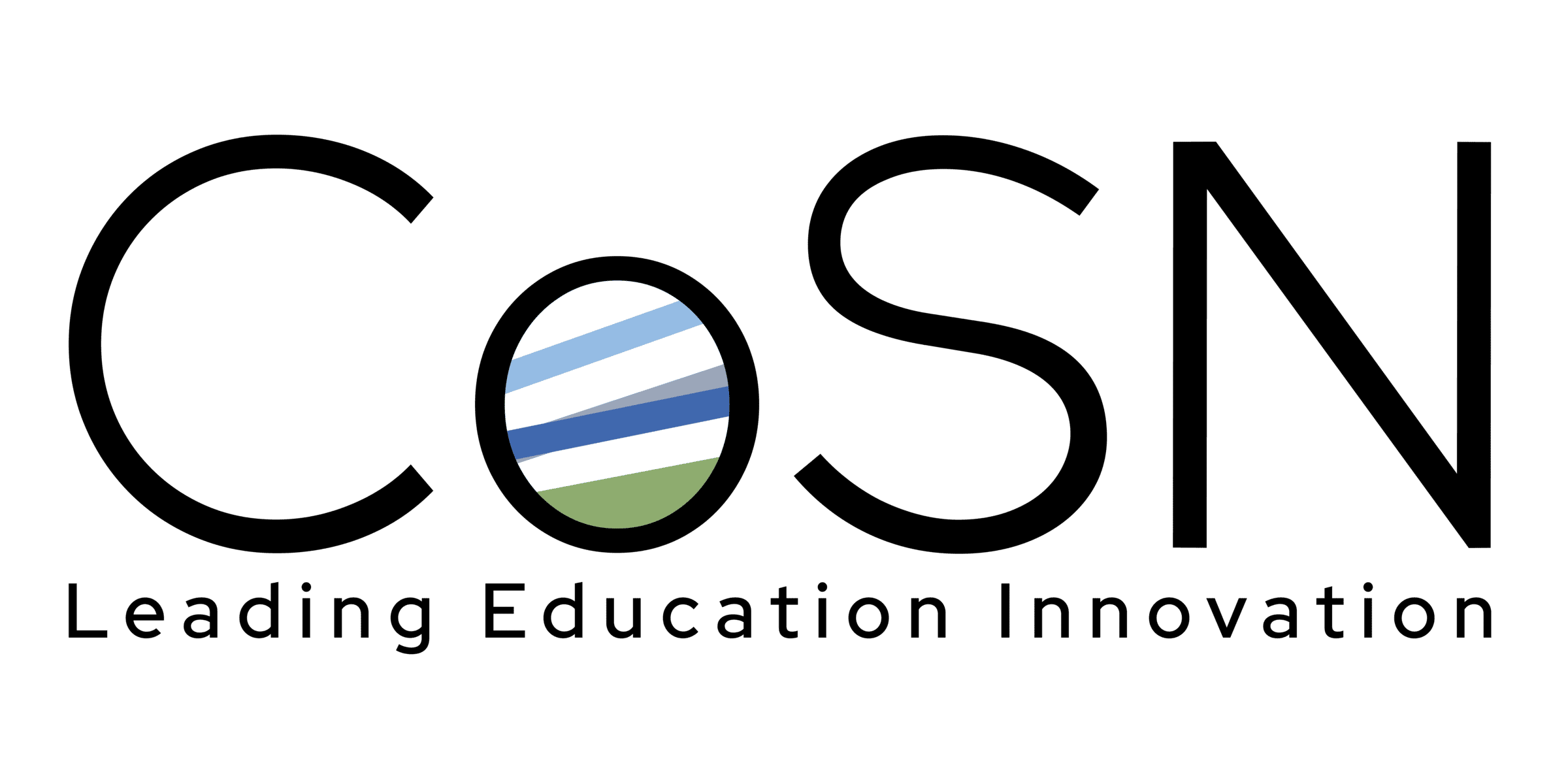School district leaders nationwide are rethinking project- and problem-based learning methods to modernize the learning experience.
CoSN (the Consortium for School Networking) today issued a new report, titled Digital Tools for Problem-Based Learning, which explores this shift and the increased emphasis being placed on in-depth projects and real-world problem solving. This is the latest report in CoSN’s EdTechNext report series.
“Project- and problem-based learning are not new approaches, but technology today has allowed students and educators to tackle real challenges as part of the learning experience,” said Keith Krueger, CEO of CoSN. “Districts and their leaders have embraced new tools and ways to improve communication, collaboration and productivity among students globally. Students now, like in the real world, can take even greater ownership of the problem and solution.”
Digital Tools for Problem-Based Learning demonstrates the effective practices of school leaders in leveraging technology to advance learning outcomes. The report also details how educators are engaged in project- and problem-based learning, which includes:
-
Addressing problems with real-world purpose, impact and interest to students;
-
Teaching structured, professional-grade problem-solving processes, such as computational thinking, human-centered design and design thinking;
-
Promoting interdisciplinary approaches to problems with blended learning of academic subjects;
-
Aligning project learning objectives with academic standards;
-
Cultivating an entrepreneurial mindset and 21st century skills, including critical thinking, communication, collaboration and creativity – also known as college and career readiness skills and as deep learning;
-
Partnering with businesses, nonprofits, postsecondary institutions, community organizations and experts, and collaborating with other schools domestically and internationally;
-
Using digital tools for students and teachers to manage projects and tasks, collaborate, conduct research, develop solutions, offer feedback, encourage participation, assess student work, create portfolios and archive projects; and
-
Providing maker technologies for designing and creating prototypes and products.
In particular, the report shares the efforts of the Incubator School in Los Angeles and Avonworth (PA), Loudon County (VA) Public Schools and Energy Institute High School in Houston.
The latest edition of the EdTechNext report is made possible by Amazon Web Services, AT&T, Brocade, CDW•G, Cisco, ClassLink, Cradlepoint, Dell, ENA, Encore Technology Group, Filewave, Fortinet, Google, HMH, HP, IBM, iBoss Security, iDentityAutomation, itslearning, JAMF Software, Juniper Networks, Kajeet, Lightspeed Systems, McGraw-Hill, Microsoft, Pearson, SafariMontage, Samsung, SchoolDude, and Sunesys.
Read the full report at: cosn.org/ed-tech-next-reports

